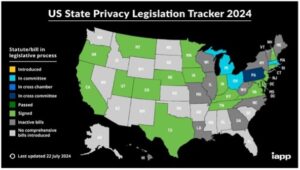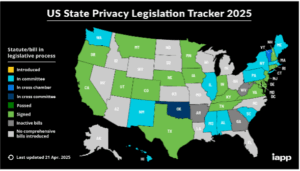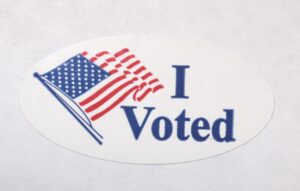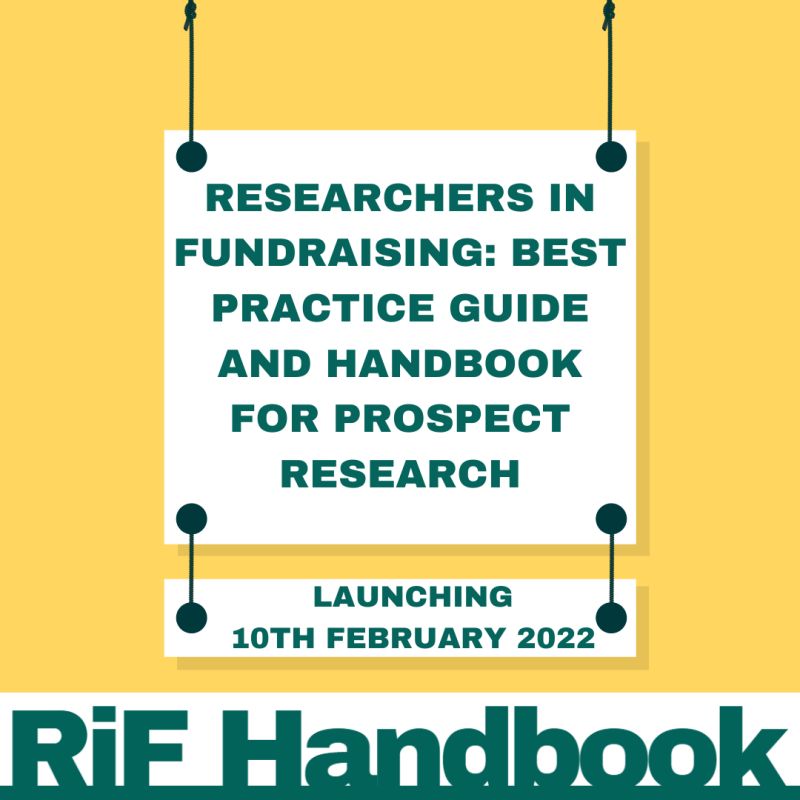By: Angie Herrington, Senior Consultant
History of Watchdogs
“Quis custodes ipsos custodiet?” is a Latin phrase from a Roman satirical poet which translates to “who will guard the guards themselves?” Variations of the phrase from 100 A.D. have influenced later writers questioning influence of the wealthy and the actions of governments and regimes. The phrase has been used in recent popular culture like Batman movies, the late author Terry Pratchett, graphic novels, video games, and the TV show Succession.
Merriam-Webster defines watchdog as “one that guards against loss, waste, theft, or undesirable practices.” It’s commonly attributed to consumers, charities, governments, and investigative journalism. When I think of watchdog journalists I think of Bob Woodward and Carl Bernstein exposing the Watergate scandal. Now the power of watchdog journalism is waning due to the closing of newspapers and substitution of editorial columnists and talking heads hired by media outlets.
Present Day
I was once asked to find watchdog lists during a time of corporate accountability for DEI, racial justice, human rights, women’s health, and more. These lists have historically helped us know when corporations, foundations, and individuals are behaving outside the lines of your nonprofit’s mission.
Now it’s 2025. I’ll do us all a favor and skip over the classic watchdog – government regulation and oversight. When I originally had ideas for this blog the world was a different place, and this post was going in a different direction. I’ve struggled and become jaded to see how the traditional form of a “watchdog” can still hold significance or be influential in today’s current environment. The world is changing quickly, and the volume of noise and contradictions makes it impossible to keep up with facts much less any accountability. Are watchdog organizations still relevant? Unbiased? Factual? Influential?
Prospect Development “Watchdogs”
What I do know is as researchers we are like investigative reporters who can still provide factual integrity and neutrality for our organizations. By providing due diligence research, our version of journalistic watchdog research, we help get the unbiased picture to make decisions.
As researchers we look past a company’s website’s glowing press releases and self-hype about their ESG (environmental, social, and governance) and CSR (corporation and social responsibility). It’s our job to find the facts and not make assumptions putting our organization in a compromised position. The William Wonka Chocolate Factory was fined $3 billion by the U.S. Department of Justice for unethical worker conditions. You might want to bring this up immediately to your gift officer as a red flag before their scheduled tour. Look at news, legal cases, and giving patterns to decide if a donor’s interests align with yours.
Criteria to Validate a Watchdog Organization
- Who is the source and funder behind the data?
- What is their evidence?
- Is the language impartial with cited sources or holds bias?
- Is the information promoting personal agendas, stereotypes, or conspiracy theories?
- Is the information up to date and related to recent events?
Also consider:
- Have you used more than one source?
- Checking Media Bias/Fact Check or AllSides will help your awareness of a news source’s legitimacy, bias, or reputational history.
- Internet Archive’s Wayback Machine will find older information that may have been removed from a website.
Suggested Resources
Remember to ALWAYS search for any updates and a primary source for verification!
- The Helen Brown Group’s comprehensive and free site of due diligence and other resources.
- Through Good Jobs First’s Violation Tracker (S., UK, and global) you can search by a company’s name and results include the parent company AND its subsidiaries’ offence(s), agency, and the penalty amount. Most importantly it provides the source of judgment, usually a detailed press release from a governmental agency.
- Climate Action 100+ allows you to search by company name, sector, or region for information on companies connected to the global net zero emissions transition.
- The Human Rights Campaign provides a searchable list of companies, municipalities, and healthcare facilities about their LGBTQ-inclusive policies, practices, and benefits.
- OpenSanctions has multiple datasets to search politically exposed persons, debarred companies and individuals, maritime-related sanctions, regulatory watchlists, sanctioned securities, and warrants and criminal entities.
- The Midas Project’s Watchtower tracks changes to corporate and government AI safety policies.
- Yale School of Management maintains an updated list of over 1,000 companies who ceased or continue to operate in Russia since their invasion of Ukraine.
- Use your favorite search engine to search ‘companies supporting [insert your cause]’
The Future
How can we look at “independent” watchdog organizations and their curated lists going forward? Like any other aggregated resource or subscription – a jumping off point. Think of them as a compiled list of companies or names with a starting place to then verify.
There’s a well-known adage journalists say, “If your mother says she loves you, check it out.” Verify and fact check.












